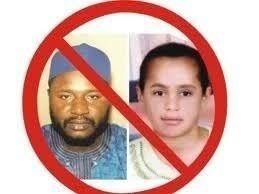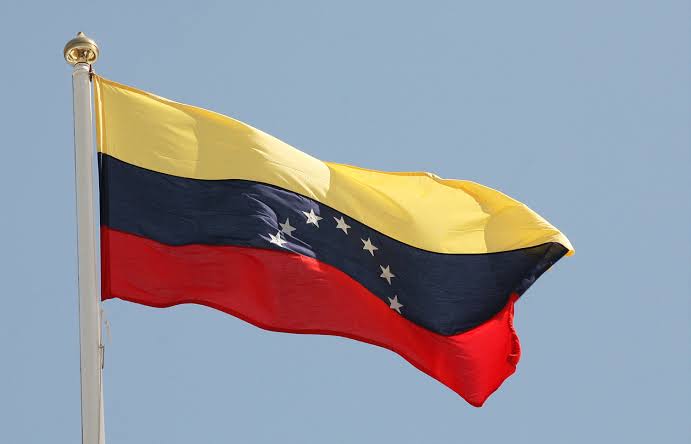July 5 is the 186th day of the year (187th in leap years) in the Gregorian calendar, leaving 180 days until the year’s end.
In this post, we revisit historical events reflecting the day’s rich and diverse impact on history and society.
July 5, 2010: An anti-human trafficking agency ruled that it lacked sufficient evidence to criminally charge Senator Ahmed Sani Yerima, who was forty-nine years old at the time, for marrying a thirteen-year-old Egyptian girl. The girl was reported to be the daughter of his driver, and Yerima allegedly paid a $100,000 dowry for the marriage.

July 5, 1996: Dolly the sheep, the first mammal cloned from an adult somatic cell, was born. This groundbreaking achievement was accomplished by scientists at the Roslin Institute at the University of Edinburgh.

July 5, 1994: Amazon was founded by Jeff Bezos as an online marketplace for books.

July 5, 1991: In South Africa, at its first National Conference since 1961 when the African National Congress (ANC) was banned due to its opposition to apartheid, Nelson Mandela is elected as the party’s new President. Walter Sisulu becomes Deputy President, Oliver Tambo assumes the role of National Chairman, Cyril Ramaphosa is appointed Secretary General, and Jacob Zuma becomes Deputy Secretary General. Mandela, Ramaphosa, and Zuma will subsequently serve as presidents of South Africa in 1994, 2018, and 2009, respectively.

July 5, 1980: Slavery is outlawed in Mauritania for the third time. Previous proclamations occurred in 1960 and 1966, but without effective enforcement, the practice of slavery persists.

July 5, 1975: Cabo Verde achieves national independence from Portugal.

July 5, 1975: Arthur Ashe became the first Black man to win a Wimbledon singles title by defeating Jimmy Connors.

July 5, 1973: Major-General Juvénal Habyarimana, commander of Rwanda’s National Guard, orchestrates a military coup d’état, seizing control of the country and declaring himself its leader. In a move to present the coup as “bloodless,” Habyarimana executes 55 people and compensates their families. President Grégoire Kayibanda, who had monopolized power since 1962 and made himself President for Life by revising the constitution, along with his wife, is taken to an undisclosed location where they are left to starve to death.

July 5, 1965: Colonel Houari Boumédiène stages a bloodless coup d’état in Algeria, overthrowing the country’s first president, Ben Bella. Boumédiène establishes a Revolutionary Council to govern Algeria, assuming positions as President of the Council, President of the Council of Ministers, and Minister of Defense. Ben Bella is placed under house arrest for 14 years, and his supporters face suppression. Boumédiène remains in power until his death in 1978.

July 5, 1962: Algeria achieves independence from France after centuries of subjugation under various European powers and a decade-long war for independence.

July 5, 1961: The Indemnity Act took effect in South Africa, shielding the state and its officials from prosecution for actions taken under the guise of “suppressing internal disorder.” This law granted apartheid agents immunity, allowing them to target political activists without fear of legal repercussions.

July 5, 1946: The modern bikini, designed by Frenchman Louis Réard, was first modeled in Paris.

July 5, 1943: The Battle of Kursk began during World War II. In the ensuing weeks, Soviet forces successfully repelled repeated German assaults, leading to the Germans’ eventual withdrawal in defeat.

July 5, 1811: Venezuela became the first South American country to declare independence from Spain.

July 5, 1687: Isaac Newton first published Philosophiæ Naturalis Principia Mathematica, a three-volume work outlining his mathematical principles of natural philosophy.

Get instant and latest news updates via Our WhatsApp Community or Google News online channel.


